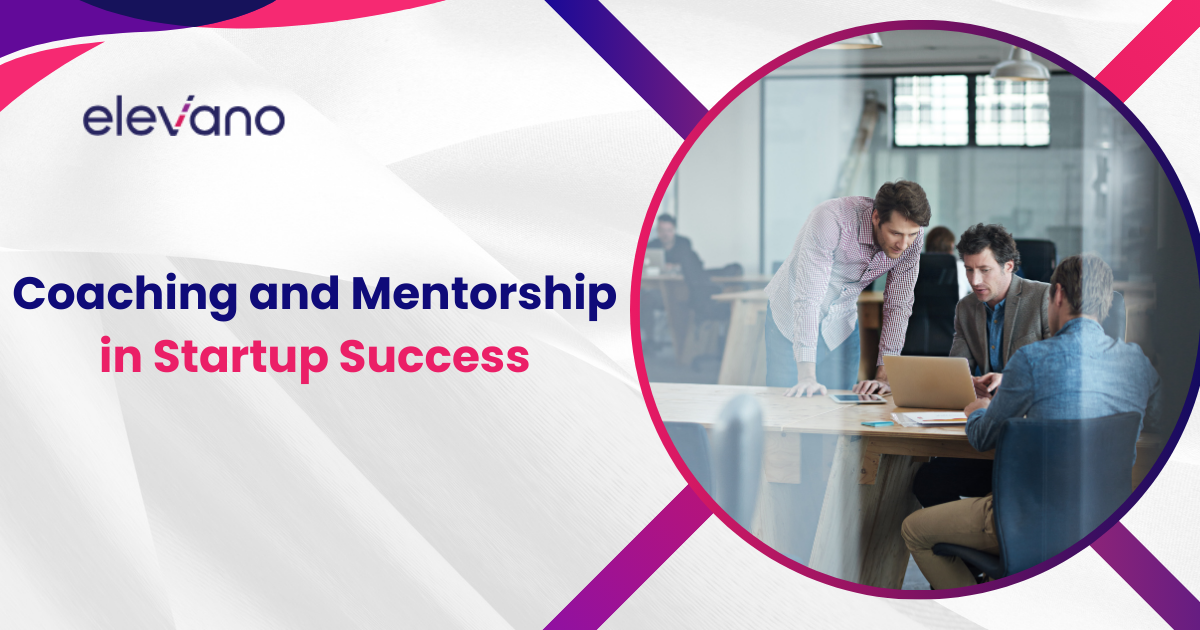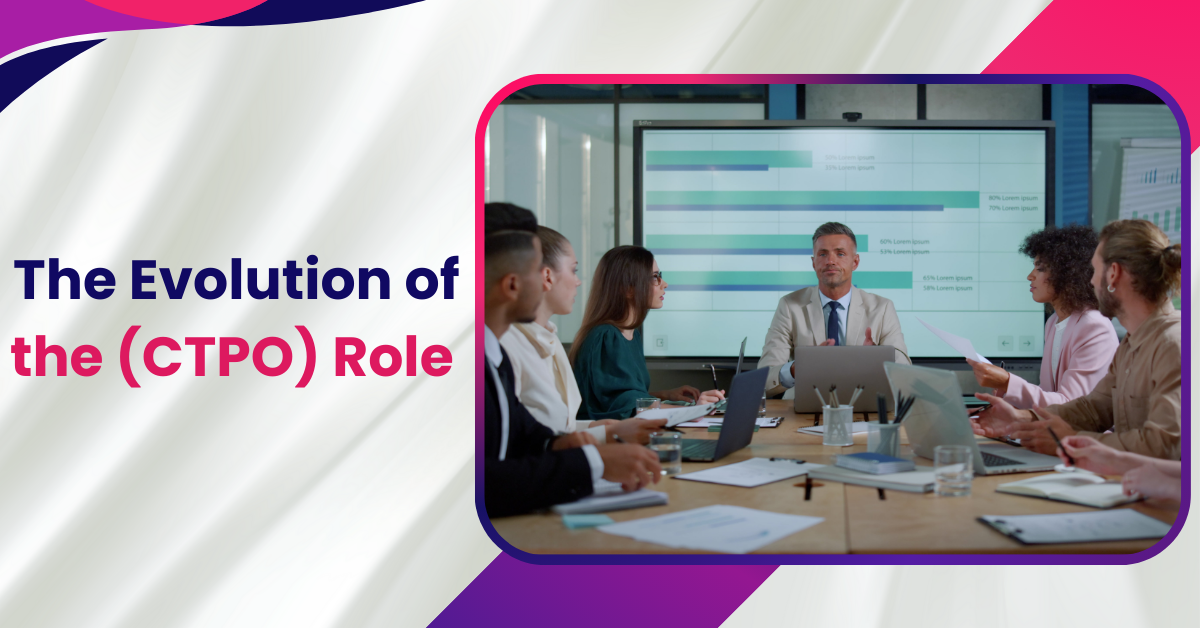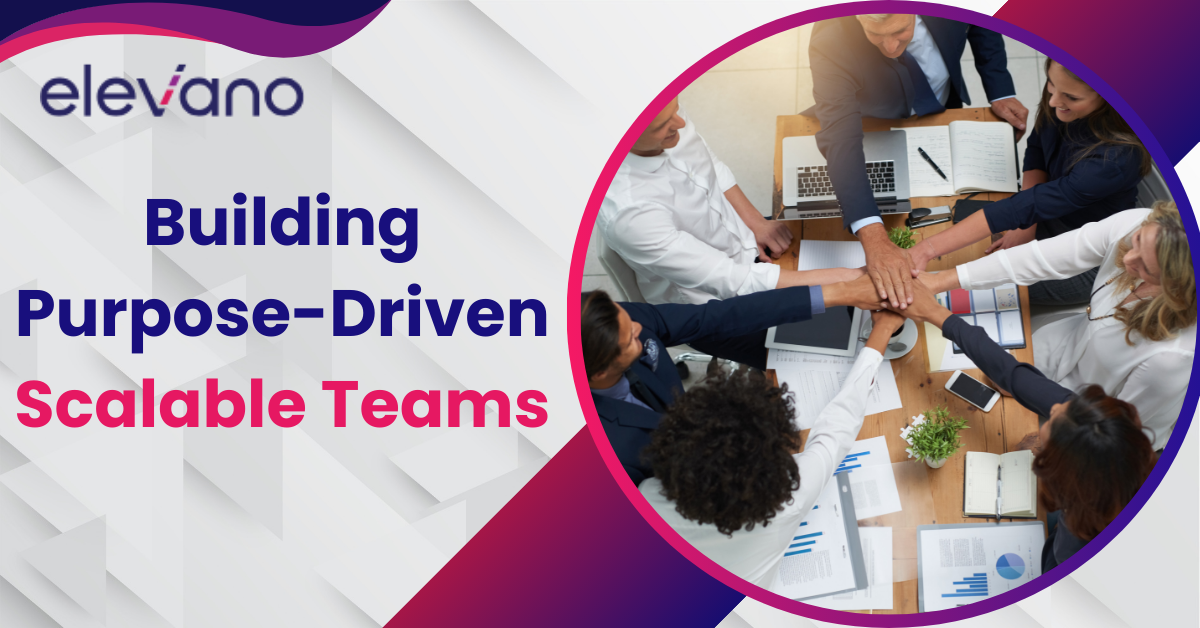Being a founder looks exciting from the outside, but as Sandeep Bhadra, General Partner at Vertex US, explains, it’s often lonely and overwhelming.
“People start companies because they see a gap and believe they’re the only ones who can fill it,” he says. This sense of responsibility brings pressure, financial risk, and uncertainty. Even with a great idea, success depends on timing, execution, and market demand.
Loneliness is a major challenge. “We advise having co-founders because they share the highs and lows with you,” Sandeep Bhadra adds. But even with a team, many founders hesitate to ask for help. The best ones seek mentorship, knowing they don’t have all the answers.
The journey isn’t just about building a product; it’s about endurance, resilience, and learning to push forward even when the odds are against you. Let’s break down why this road is tougher than it looks.
Why Founding a Startup Is a Lonely Journey
The Psychological Burden of Founders
Starting a company comes with a deep sense of responsibility. “People start businesses because they see a gap and believe they’re the only ones who can fill it,” says Sandeep Bhadra. Founders feel a personal duty to bring their vision to life, knowing that if they don’t push forward, their idea may never happen.
But here’s where the pressure builds—everything rests on them. Employees trust them, investors bet on them, and customers expect results. That weight can be exhausting. Even when things go well, founders worry about staying ahead, making the right moves, and keeping momentum. And when things go wrong, the blame feels personal. The mental load never really disappears.
Success Rates and Realities of Startups
The hard truth? Most startups don’t make it. The numbers are stacked against founders, no matter how smart or passionate they are. Timing, execution, and market conditions all play a role in whether an idea succeeds or fades out.
Sandeep explains that even a brilliant idea can fail if it’s too early, too late, or poorly positioned. Some founders underestimate the long road ahead, assuming success will come quickly. But reality often means years of learning, adjusting, and struggling before a company truly takes off.
That’s why resilience matters. The best founders don’t just push forward blindly—they adapt, learn from failures, and keep refining their approach.
The Importance of Co-Founders and Support Systems
Building a company is hard, but doing it alone makes it even harder. “Nobody understands what you’re going through like another founder,” says Sandeep Bhadra. A co-founder shares the pressure, decisions, and setbacks, making the journey less isolating.
A strong co-founder isn’t just someone to split tasks with—they provide emotional and strategic support, especially when tough calls need to be made. When one person is struggling, the other can step up, offer perspective, and keep things moving forward.
But even with a co-founder, founders still need a solid network of peers and trusted advisors. Surrounding yourself with like-minded entrepreneurs can make all the difference. Founders who build strong support systems are more likely to stay resilient when challenges arise.
The Role of Coaching and Mentorship in Startup Success

Success isn’t just about having a great idea—it’s about knowing how to build, lead, and adapt. Many founders believe they have to figure everything out alone, but the smartest ones seek guidance from those who’ve done it before.
Why Founders Need Coaching
The best athletes, musicians, and business leaders all have coaches—why should founders be any different? “Nobody has all the answers,” says Sandeep Bhadra. A good coach helps founders see blind spots, manage pressure, and make better decisions.
Building a company is a rollercoaster. Some days bring big wins, while others come with setbacks that shake confidence, a coach provides balance—keeping highs from feeling too high and lows from feeling too low. They offer a fresh perspective, helping founders focus on the right problems instead of getting lost in day-to-day struggles.
The Importance of Asking for Help
Despite the benefits of coaching, many founders hesitate to admit struggles. “Nobody wants to tell their investors they’re having doubts,” Sandeep explains. But pretending everything is fine only makes things worse. Investors don’t expect perfection—they expect honest leadership and the ability to adapt.
At Vertex, Sandeep and his team work closely with founders to offer support without micromanaging. Instead of pointing out problems, they focus on solving challenges together. The best investors understand that startups go through rough patches, and the ones who seek help early often come out stronger.
Balancing Investor Relations and Founder Struggles
The relationship between founders and investors is tricky. On one hand, founders need to show confidence. On the other hand, hiding problems can lead to bigger failures down the road. Sandeep highlights the importance of open, honest conversations.
“The best moments happen when founders admit what’s working and what isn’t,” he says. Instead of viewing investors as critics, founders should see them as partners—people who want the business to succeed just as much as they do.
So read on—because up next, we’ll explore how successful founders make tough decisions, pivot when needed, and turn challenges into opportunities.
Key Skills Founders Often Lack (and How to Build Them)
Starting a company is one thing—growing it into a successful business is another. Many first-time founders underestimate the skills they need beyond product development. Sandeep Bhadra shares five key areas where founders struggle and how they can improve.
1. Thinking About Distribution First, Not Just the Product
Many first-time founders get obsessed with building the perfect product, assuming a great idea will sell itself. But as Sandeep explains, second-time founders do things differently—they think about distribution first.
Instead of asking, What can my product do?, successful founders ask, Who needs this, and how do I reach them? The best companies don’t just create—they solve a problem for the right people and make sure those people hear about it.
2. Managing People Outside Your Expertise
Being a great engineer doesn’t mean you know how to manage a sales team. Being a marketing expert doesn’t mean you can lead developers. Many founders struggle because they lack experience managing different skill sets.
Sandeep highlights a key lesson: You don’t need to be an expert in every field—you need to hire the right people and trust them to do their jobs. The best founders focus on learning how to lead, delegate, and make decisions with input from experts.
3. Learning to Sell—Even If You’re Not a Salesperson
Many founders, especially technical ones, think the product will sell itself. But no matter how good your product is, if you can’t explain why it matters, no one will care.
Sandeep sees this often: Brilliant engineers struggle to pitch their ideas because they focus on features instead of real-world impact. The best founders develop storytelling skills—learning how to connect with investors, customers, and employees in a way that inspires action.
4. Knowing When to Stick With an Idea—and When to Pivot
Some founders give up too soon, while others hold onto failing ideas for too long. The key is knowing when to push through obstacles versus when to change direction.
Sandeep advises founders to validate ideas before fully committing. Instead of jumping to the next big thing, he suggests testing the market first. As he puts it, “Before you build something, find five people who would buy it.”
5. Asking for Help Without Feeling Weak
Founders often think they need to have all the answers, but the best ones know when to seek guidance. The top athletes, musicians, and CEOs all have coaches—why should founders be any different?
Sandeep points out that many founders hesitate to admit struggles to investors or mentors, fearing it will make them look weak. But in reality, strong leaders ask for help, learn from others, and surround themselves with the right support system.
The Art of Pivoting: When and How to Adapt
Every startup faces a moment where things aren’t working as planned. Some ideas need more time, while others are dead ends. So, when should founders stay the course, and when is it time to pivot? Sandeep Bhadra shares how successful founders make that call.
The Fine Line Between Patience and Knowing When to Pivot
Some ideas take time to gain traction, while others hit a wall no matter how much effort is poured into them. The challenge? Knowing the difference.
“You have to balance conviction with reality,” Sandeep explains. Founders often believe in their ideas so deeply that they assume the market will catch up. But timing matters—even great ideas can fail if they arrive too early or too late.
So how do you decide? Successful founders track real-world signals—customer demand, engagement, and market shifts. If people show interest but aren’t ready to buy, patience might pay off. But if the market isn’t responding at all, it may be time to rethink the approach.
The Dangers of Pivoting Too Soon or Too Often
Jumping from one idea to the next without testing market interest is a recipe for failure. Some founders fall into the trap of “just building”—creating product after product, hoping something sticks.
Sandeep warns against this. “It’s easy to keep building instead of pausing to ask: ‘Does anyone need this?’” Pivoting should be a strategic decision, not a reaction to frustration.
The best founders don’t pivot on instinct alone—they gather data, talk to potential customers, and analyze what’s missing. Constantly switching directions without testing assumptions leads to wasted time, energy, and money.
How to Validate Ideas Before Pivoting
Before committing to a major shift, great founders test the waters. Instead of blindly building, they gather evidence to prove the pivot is worth it.
One powerful approach? Amazon’s press release method. Before launching a product, teams write a hypothetical press release describing its impact. This forces them to clarify:
- Who is this for?
- Why does it matter?
- What real-world problem does it solve?
“If you can’t explain why your pivot makes sense, you probably shouldn’t do it,” Sandeep says. Founders who validate ideas before committing are far more likely to land on the right direction.
Investor-Founder Relationships: Coaching vs. Control

The relationship between founders and investors can make or break a startup. Sandeep Bhadra shares how the best investors guide founders without taking over and how founders can build strong, trust-based relationships with their backers.
Providing Guidance Without Being Overbearing
Good investors don’t just write checks—they help founders see blind spots, make tough decisions, and stay focused. But there’s a fine line between guiding and micromanaging.
Sandeep explains, “The best investors act as problem-solving partners, not bosses.” They ask the right questions, offer advice when needed, and give founders the space to lead their company. Great investors don’t dictate decisions—they help founders make better ones.
Founders, on the other hand, need to be willing to listen. Even if an investor isn’t involved in daily operations, their outside perspective can be invaluable.
Navigating Conflict and Tough Conversations
Disagreements between founders and investors are normal. But how those conflicts are handled makes all the difference.
Some investors fall into the trap of pointing out problems without offering solutions. Others ask tough questions but come off as interrogators rather than allies. Sandeep warns against both approaches—instead, he encourages investors to frame questions in a way that leads to constructive problem-solving.
For founders, the key is open communication. Investors don’t expect everything to run perfectly, but they do expect transparency. Hiding problems only creates bigger issues down the road. The best founders proactively share challenges and work with their investors to find solutions.
Strategies for Staying Focused While Managing Investor Expectations
Once a startup gains momentum, the pressure only increases. Founders must balance long-term vision, day-to-day execution, and investor expectations—all while leading a growing team. Sandeep Bhadra, shares strategies successful founders use to stay on track.
1. Communicating Challenges Early Instead of Hiding Them
Many founders wait too long to bring up problems with investors, fearing it will make them look weak. But hiding issues only makes things worse.
“The best moments happen when founders openly admit what’s working and what isn’t,” Sandeep explains. Investors don’t expect perfection, but they do expect transparency and a plan.
Instead of waiting for a crisis, smart founders proactively share challenges—turning investors into problem-solving allies instead of critics.
2. Staying Focused on Core Business Metrics
With so many moving parts, it’s easy for founders to get distracted by secondary goals—new features, side projects, or unnecessary hires. But successful founders stay laser-focused on what truly drives growth.
“If a task doesn’t push the business forward, it’s a distraction,” Sandeep says. Great founders measure success by customer engagement, revenue, and market demand—not vanity metrics.
By keeping their eyes on the right numbers, they avoid getting pulled in too many directions.
3. Using Investor Feedback Without Losing Control
Good investors offer advice, challenge assumptions, and push founders to think bigger. But that doesn’t mean every investor opinion should dictate company decisions.
“You have to filter feedback,” Sandeep advises. Great founders listen carefully but stay true to their vision—taking what’s valuable while ignoring advice that doesn’t fit their strategy.
The best way to handle investor input? Stay prepared. When founders communicate where the company is headed and why, investors are more likely to trust their judgment.
4. Prioritizing Execution Over Endless Strategy Meetings
Some founders spend too much time planning and not enough time executing. Meetings, strategy sessions, and discussions are important—but without action, they mean nothing.
Sandeep warns against overthinking every decision. “A startup’s biggest advantage is speed,” he says. Founders who test, iterate, and adjust quickly gain a massive edge over those who get stuck in endless discussions.
5. Protecting Time and Mental Energy
As startups grow, founders get pulled in every direction—from managing teams to handling investors to making product decisions. Without structure, burnout is inevitable.
Smart founders set boundaries—blocking time for deep work, decision-making, and personal well-being. They delegate effectively and avoid spending energy on things that don’t move the business forward.
“Your job as a founder is to make high-impact decisions,” Sandeep reminds us. The best founders create space to think, lead, and push their company forward without getting lost in distractions.
Conclusion: Thriving as a Founder in an Unpredictable Journey
Being a founder isn’t just about launching a business—it’s about endurance, adaptability, and smart decision-making. The most successful entrepreneurs understand that building a great product isn’t enough—they must also focus on distribution, leadership, and managing relationships with investors and teams.
Sandeep Bhadra’s insights highlight a key truth: the best founders don’t do it alone. They seek advice, build strong support systems, and continuously refine their approach. They understand when to push through challenges and when to pivot with purpose. They learn to filter feedback, take action, and maintain focus on what truly drives growth.
At the end of the day, success isn’t about avoiding failure—it’s about learning, adapting, and making the right moves at the right time. Founders who embrace these realities position themselves not just to survive but to build something truly impactful.
So, as you move forward in your journey, ask yourself: Are you focusing on what truly matters? Are you willing to seek help, adapt, and make the tough calls when necessary? The best founders are.




